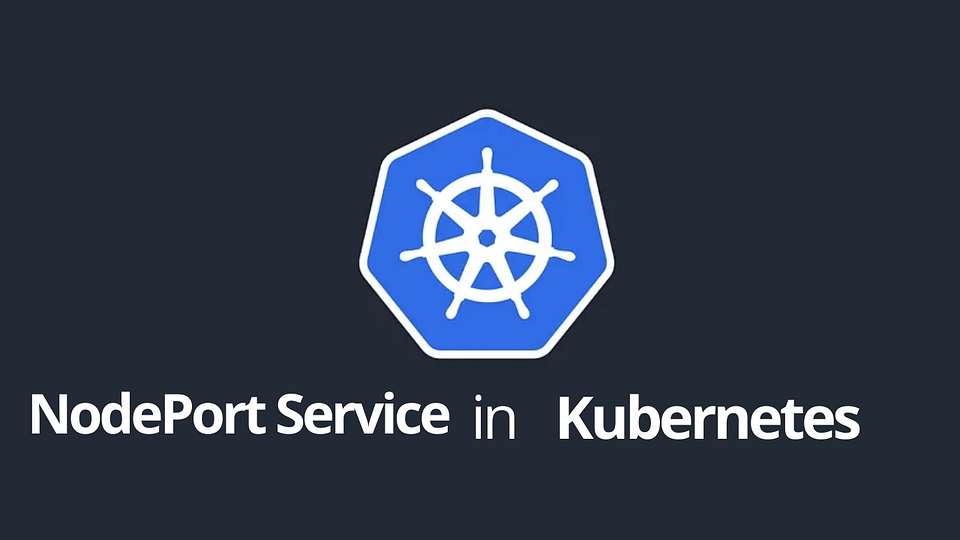Understanding Kubernetes: Part 15 -NodePort Service

If you’ve been following our Kubernetes series 2025, welcome back! For new readers, check out Part 14: Understanding Kubernetes: ClusterIP Services
NodePort Service in Kubernetes
A NodePort Service in Kubernetes allows external traffic to access your application by exposing a specific port on each Node in the cluster. It provides a way to make a Service accessible from outside the cluster by routing traffic from <NodeIP>:<NodePort> to the underlying Pods. This type of Service is useful for debugging, local development, or when you don't have a cloud load balancer.
Example:
Suppose you have a frontend application that needs to be accessed externally for testing purposes. A NodePort Service assigns a static port on all cluster Nodes, allowing direct access to the application from outside the cluster.
Capabilities:
External Access: Exposes applications to the outside world using
<NodeIP>:<NodePort>.Port Allocation: Kubernetes assigns a port from the range
30000-32767if not specified.Simple Setup: Provides an easy way to expose services without requiring an external load balancer.
YAML Example:
apiVersion: v1
kind: Service
metadata:
name: frontend-service
spec:
selector:
app: frontend
ports:
- protocol: TCP
port: 80
targetPort: 8080
nodePort: 31000
type: NodePortIn this example, users can access the frontend Pods via http://<NodeIP>:31000.
In My Previous Role:
As a Senior DevOps Engineer, I used NodePort Services to expose internal applications for testing and debugging purposes. For instance, I configured a NodePort Service to allow access to an internal monitoring dashboard without deploying a cloud-based LoadBalancer, enabling efficient troubleshooting and visibility into system health.
🚀 Ready to Master Kubernetes?
Take your Kubernetes journey to the next level with the Master Kubernetes: Zero to Hero course! 🌟 Whether you’re a beginner or aiming to sharpen your skills, this hands-on course covers:
✅ Kubernetes Basics — Grasp essential concepts like nodes, pods, and services. ✅ Advanced Scaling — Learn HPA, VPA, and resource optimization. ✅ Monitoring Tools — Master Prometheus, Grafana, and AlertManager. ✅ Real-World Scenarios — Build production-ready Kubernetes setups.
🎓 What You’ll Achieve
💡 Confidently deploy and manage Kubernetes clusters. 🛡️ Secure applications with ConfigMaps and Secrets. 📈 Optimize and monitor resources for peak performance.
🔥 Start Learning Now: [Join the Master Kubernetes Course](https://cloudops0.gumroad.com/l/k8s)
Don’t miss your chance to become a Kubernetes expert! 💻✨
🚀 Stay ahead in DevOps and SRE! 🔔 Subscribe now and never miss a beat on Kubernetes and more. 🌟
Last updated